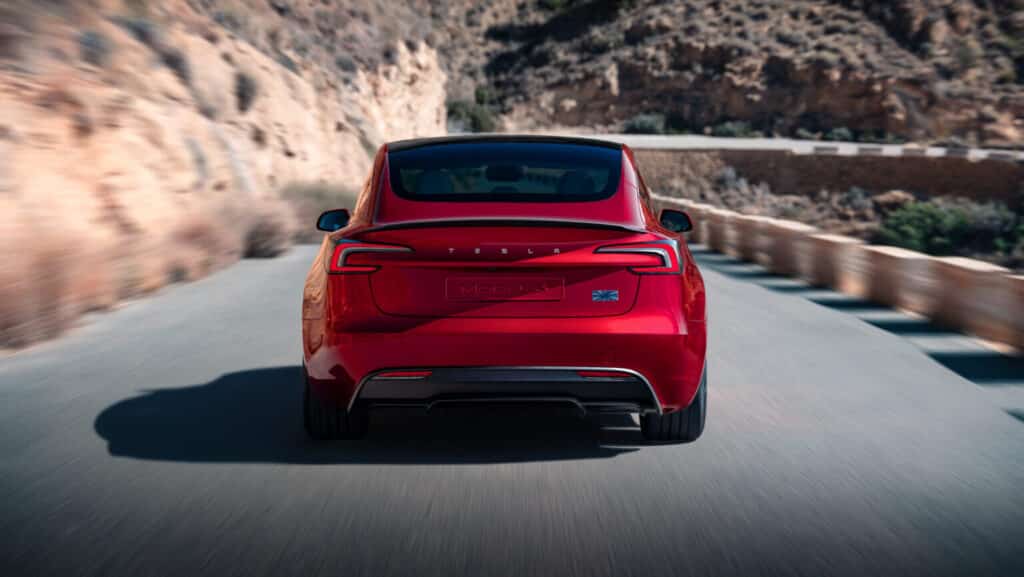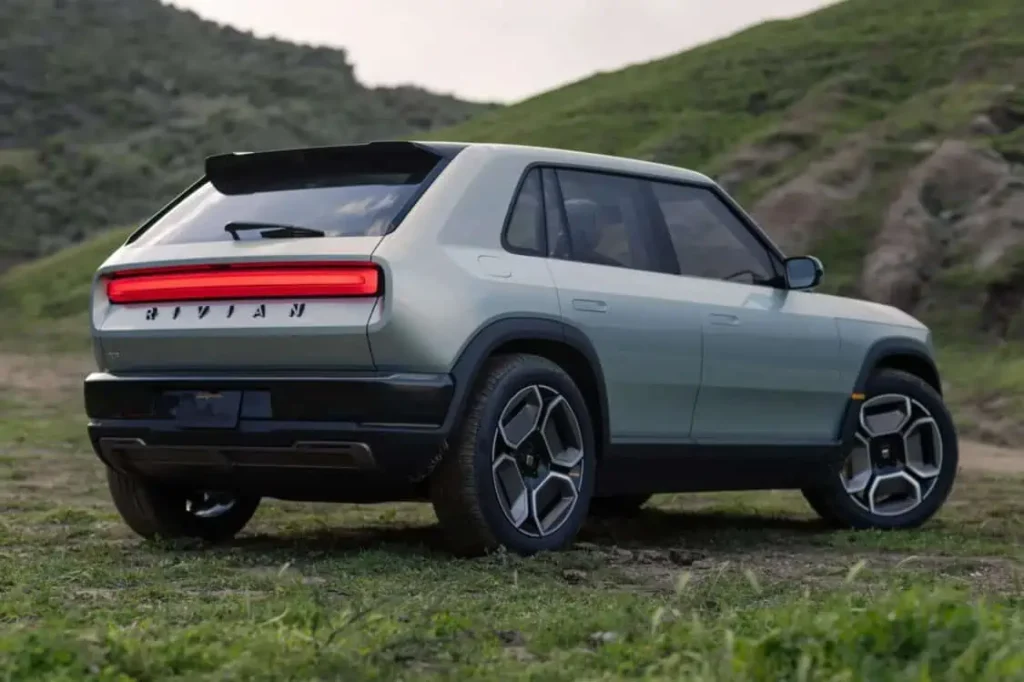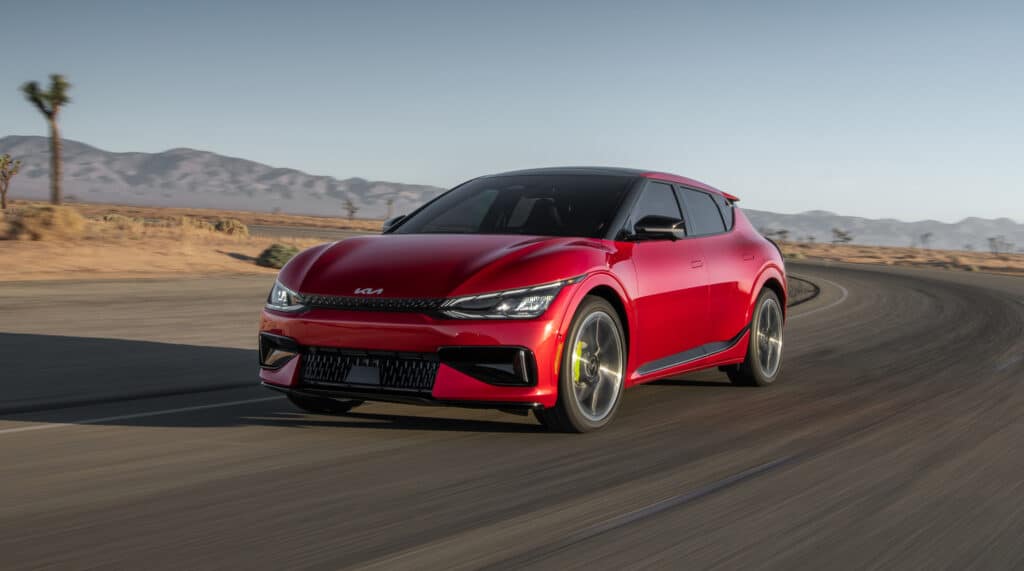Rivian Surpasses Tesla in J.D. Power’s Owner Satisfaction Survey
After years of dominating J.D. Power’s owner satisfaction surveys, Tesla’s portfolio has been dethroned by electric vehicles made by traditional automakers and all-electric startups such as Rivian.
Tesla’s decline in the U.S. Automotive Performance, Execution and Layout (APEAL) Study, now in its 29th year, has been long in the making. As legacy car brands finally figure out what customers want from EVs, this outcome deals another blow to the Elon Musk-led company, following the sales decline recorded in the past few quarters.
“Traditional manufacturers have listened to the voice of the customer,” said Frank Hanley, senior director of auto benchmarking at J.D. Power. “They’re launching enhanced vehicles that are more in line with what customers want, including improved interior storage and higher quality materials, as well as ensuring features have ease of use. For BEVs, recent launches from traditional manufacturers have surpassed perennial leader Tesla when it comes to owners’ level of emotional attachment and excitement with their new vehicle.”

The study measures owners’ satisfaction with new vehicle design and performance and assesses their emotional attachment and level of excitement on a 1,000-point scale. For this year’s results, J.D. Power studied over 99,000 responses from owners who were asked to rank new 2024-model-year vehicles on 37 attributes after 90 days of ownership.
The APEAL study assists automakers and suppliers by providing insights into:
- Which features and attributes of vehicles captivate and please new-car buyers.
- The systematic strengths and weaknesses of an automaker’s models compared to key competitors.
- The most cherished and marketable aspects of this year’s new vehicles.
- The performance of new vehicles relative to targets and core competitors.
- Areas where product development priorities should be focused for future models.
Non-Tesla all-electric vehicles have reached an unprecedented owner satisfaction score of 877 points, edging out Tesla’s 870 points. Despite this, Tesla has seen a gradual decline in its scores over recent years.
In 2020, Tesla achieved a score of 896 points, which fell to 893 in 2021, 887 in 2022, and 878 last year. Additionally, while Tesla was included in the industry calculation for the first time in 2022, it did not permit J.D. Power to access owner data in states where this is legally required. Consequently, Tesla remains ineligible for J.D. Power awards.
The average satisfaction score for non-Tesla EVs has steadily increased from 838 in 2022 to 840 last year, reaching 877 this year. In comparison, gasoline cars earned an average score of 842 points, and plug-in hybrids scored 841 points.

Rivian achieved the highest overall score with 900 points but was excluded from the official ranking. J.D. Power noted that Rivian “is not rank-eligible because it does not meet study award criteria,” likely for similar reasons as Tesla. Nonetheless, Rivian has received high marks in other studies as well.
The Genesis GV60, Kia EV6, Kia EV9, BMW iX, and Porsche Taycan were recognized as the top electric vehicles in their respective segments. Overall, Hyundai Motor Group earned the most awards with seven, followed by BMW AG with four and Toyota Motor Corporation with three.

This shift in rankings is largely attributed to Tesla’s relatively static portfolio over the years. Aside from a facelifted Model 3, the Model Y, Model S, and Model X are starting to show their age in terms of design. This has allowed new entrants from other brands to capture attention with their modern aesthetics. While the Cybertruck has debuted this year and appears to be performing well, the more established Tesla models are falling behind their rivals. The automotive industry loves newness, and Tesla’s losses are expected to continue, until the company releases new models.
Additionally, newer EVs from traditional manufacturers often provide greater range and superior interior materials compared to Tesla, which has impacted the scores according to J.D. Power.

